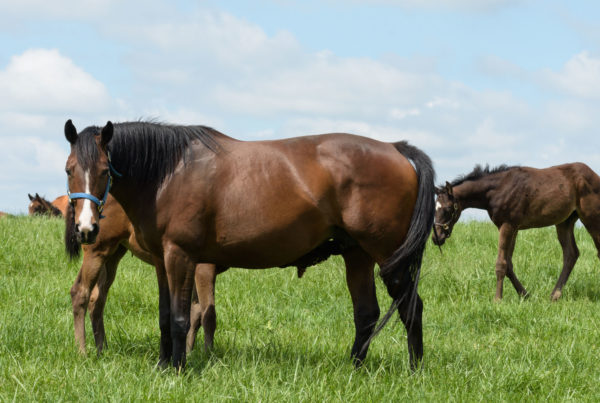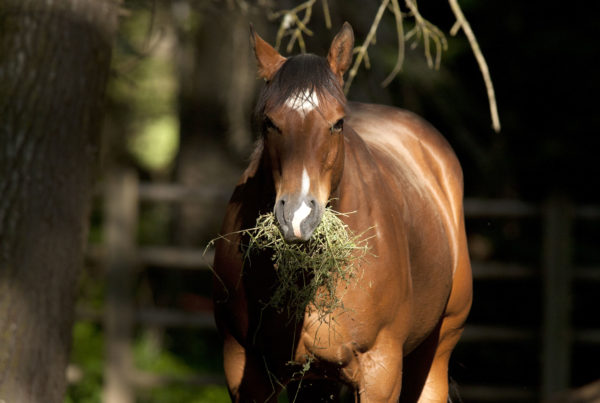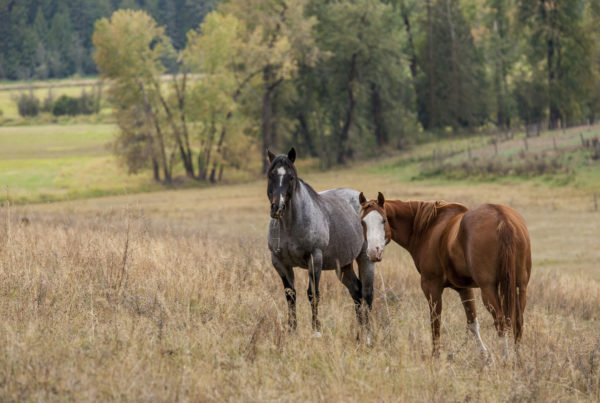Vaccinations Schedule.
The following recommendations are a general guideline. Every farm and horse is a unique situation. We will be glad to consult with you about your specific circumstances. There are additional vaccines available for certain conditions and locations. For more information on why we recommend certain vaccines, go to: https://aaep.org/guidelines/vaccination-guidelines and scroll to the bottom of the page and click on Core Vaccination Guidelines or Risk-Based Vaccination Guidelines
Pregnant Mares
5 months gestation
Killed Rhinopneumonitis
7 months gestation
Killed Rhinopneumonitis
9 months gestation
Killed Rhinopneumonitis
10 months gestation
- 4 way (Tetanus, Eastern & Western Encephalitis, flu)
- West Nile
- Rabies
Mares may also be vaccinated for Rabies before breeding.
We recommend an IgG test for the foal and a mare-foal wellness exam at 12-24 hours post-foaling.
Adult Non-pregnant Horses
Spring early March
- 3 way (Eastern and Western Encephalitis, Tetanus)
- Rhinopneumonitis
- Flu Avert (Intranasal) or Rhino/Influenza combo
- West Nile
Fall Early September
- Rhinopneumonitis or Rhino/Influenza combo
- Rabies
- West Nile if recommended
Rhino every 60-90 days for those horses showing, traveling, racing.
Foals From Vaccinated Mares
2 months
Deworm with Anthelcide or Strongid P
6 months
3-way, Rhinopneumonitis, West Nile, Rabies;
7 months
3-way, Rhinopneumonitis, West Nile, Rabies
11 months
Flu-Avert (Intra-nasal)
West Nile recommendations are for the killed vaccine product
Foals From Mares with Unknown Vaccination History
3 months
West Nile Vaccine, Rabies
4 months
3-way vaccine, West Nile
5 months
3-way vaccine, West Nile
6 months
Rhinopneumonitis, 3-way vaccine
7 months
Rhinopneumonitis, (if there is a chance that the mare may have been vaccinated for Rabies, re-vaccinate the foal for rabies at 7months of age)
11 months
Flu-Avert (Intra-nasal)
West Nile recommendations are for the killed vaccine product





